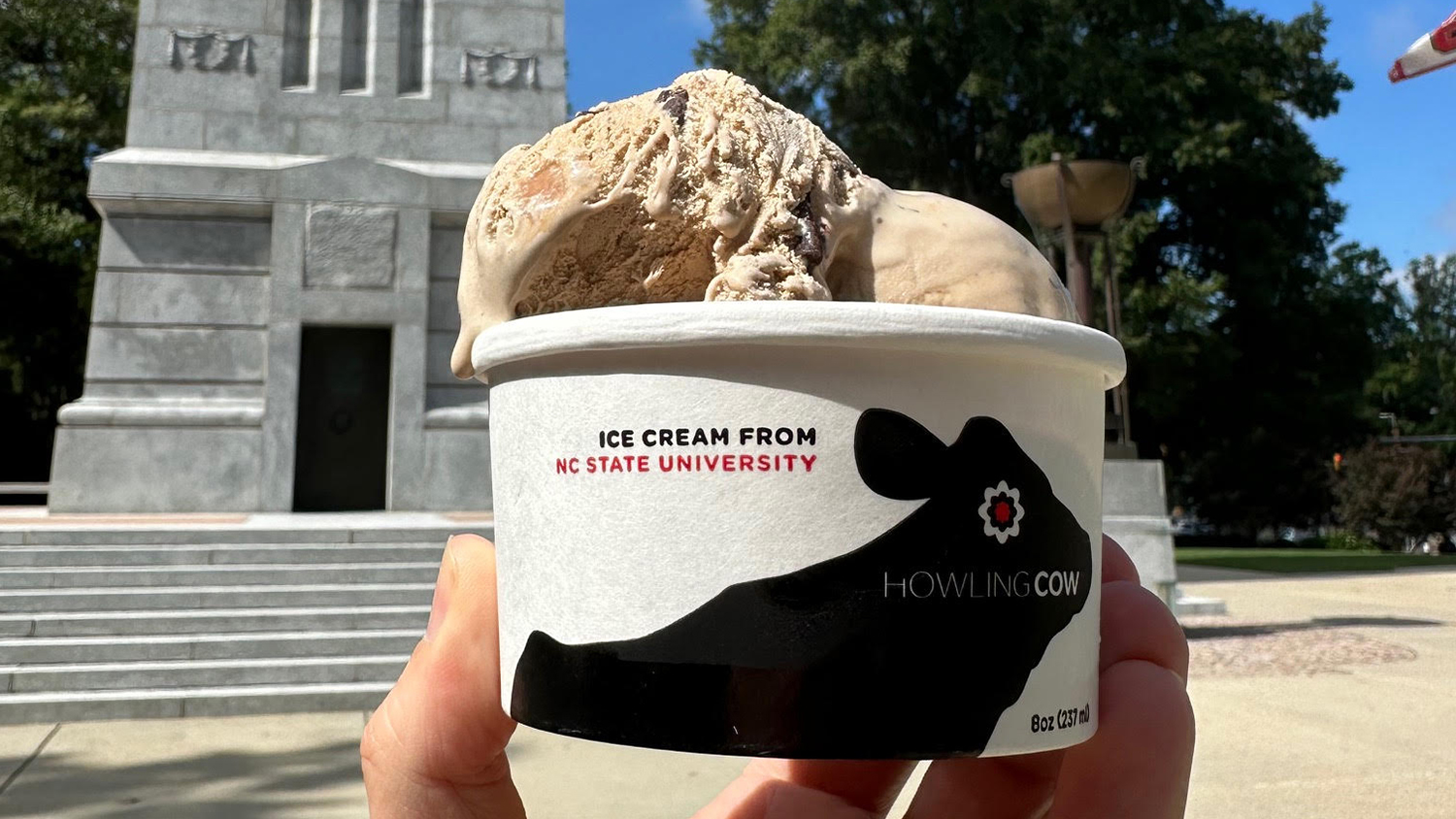In early November, the NC State Board of Trustees and attendees at the Administrative Leadership Meeting received updates on the university’s performance relative to Wolfpack 2030: Powering the Extraordinary strategic plan metrics. The practice of an annual metrics report card began under Pathway to the Future, NC State’s 2011-2020 Strategic Plan. These annual updates typically take place in or around November so that they include the most up-to-date information available on student enrollment, as well as preliminary faculty numbers (FTE).
Our Metrics
Institutional Strategy and Analysis (ISA) developed the Wolfpack 2030 metrics dashboard and maintains it throughout the year. Each Wolfpack 2030 metric is updated once a year, either in January, August or October, except for those metrics from biennial or triennial surveys.
University leaders took many factors into consideration when identifying the Wolfpack 2030 strategic plan metrics and, where appropriate, setting targets for them. Wolfpack 2030 metrics are intentionally high-level such that many priority initiatives may contribute to their progress.
To a great extent, metrics from the previous strategic plan were retained as Wolfpack 2030 metrics. This practice provides the university a longer view of its forward progress in many areas.
Where possible, metrics were defined to meet Integrated Postsecondary Education Data System standards or to be sourced from long-standing and trusted institutional, national, or associational datasets. This allows the university to benchmark its performance against peer institutions.
Baseline Effects
Most Wolfpack 2030 metrics have an established base year and an identified performance goal for 2030. Metrics from recurring surveys, which occur at different frequencies, are an exception.
For metrics with an established 2030 goal, either the 2020-21 fiscal year or the fall 2020 semester serves as the baseline for comparing future performance. Some metrics, like degrees and certificates, report cumulative totals collected over a fiscal year whereas other metrics, like student enrollment, report a snapshot taken at a single point in time each year.
When analyzing Wolfpack 2030 metric trends compared to the baseline, it is critical to recognize the unique nature of fiscal year 2020-21 and fall 2020. First, the university was not operating as normal in fall 2020 or spring 2021 due to the COVID-19 pandemic. Metrics such as study abroad and cooperative education participation show inordinately low baseline year performance for this reason. It was difficult or impossible for students to travel or secure place-based work experiences at that time.
Additionally, 2020-21 was the last full fiscal year of NC State’s highly successful Think and Do the Extraordinary campaign. The exceptionally high fundraising performance in the baseline year serves as a misleading comparator when evaluating subsequent years’ performance. In reality, the university continues to raise funds at record-breaking levels. NC State’s all-time second highest fundraising gifts and commitments total occurred in FY 2022-23, with the highest total occurring in the 2020-21 baseline year.
While metrics from recurring surveys do not share a common baseline year or have performance goals, the trends they convey may similarly be affected by national or global events like the pandemic. For example, student and employee responses to surveys conducted in 2020 and 2021 likely reflect their vastly different or unexpected experiences during that unique and challenging time.
How We’re Doing
Generally, Wolfpack 2030 metric performance is moving in positive directions. Undergraduate and graduate enrollments have increased over their baselines, buoyed not only by Engineering Expansion but also by growth in every college. Research expenditures, as reported in the National Science Foundation Higher Education Research and Development survey, continue to climb and reflect the university’s increasing competitiveness for large, complex and interdisciplinary projects. Total endowment value and total annual donors have also shown upward trends, bolstered by both the successful campaign and improved economic conditions since the 2020-21 baseline.
Several Wolfpack 2030 metrics are items in recurring surveys administered by ISA to NC State students, faculty, staff and alumni. Of note, NC State alumni responding to the most recent Baccalaureate Alumni Surveys reported feeling highly prepared for graduate or professional studies and for their first full-time employment after graduation. NC State faculty responding to the most recent Collaboration on Academic Careers in Higher Education (COACHE) faculty surveys reported higher levels of satisfaction with NC State’s support to improve their teaching than with institutional support for research or for recognition for outreach activities. Large majorities of NC State employees responding to recent UNC System Employee Engagement Surveys indicated that they feel a sense of belonging at NC State, and believe it is a great place to work.
Senior leaders are closely watching several metrics — including graduation rates — for which the effects of COVID may play out in the next two to three years. Six-year graduation rates have held fairly steady since the 2020-21 baseline year. In contrast, NC State’s four-year graduation rate decreased in fall 2023 after several years of steadily improved performance. The four-year graduation rate reported in fall 2023 reflects the cohort of students who entered the university in fall 2019, just before the onset of the pandemic.
What’s Next
The next annual metric progress update is anticipated for November 2024. In the meantime, ISA will continue working with key partners towards adding or improving existing metrics in areas like community engagement (Goal 3) and partnerships (Goal 6). ISA will also administer the Baccalaureate Alumni Survey, COACHE and Employee Engagement Survey in spring 2024. Additionally, work is underway to develop the university’s next three-year implementation plan for release in summer 2024.
Anyone with questions about Wolfpack 2030: Powering the Extraordinary, the FY 22-24 implementation plan or strategic plan metrics should contact strategic-planning@ncsu.edu.



